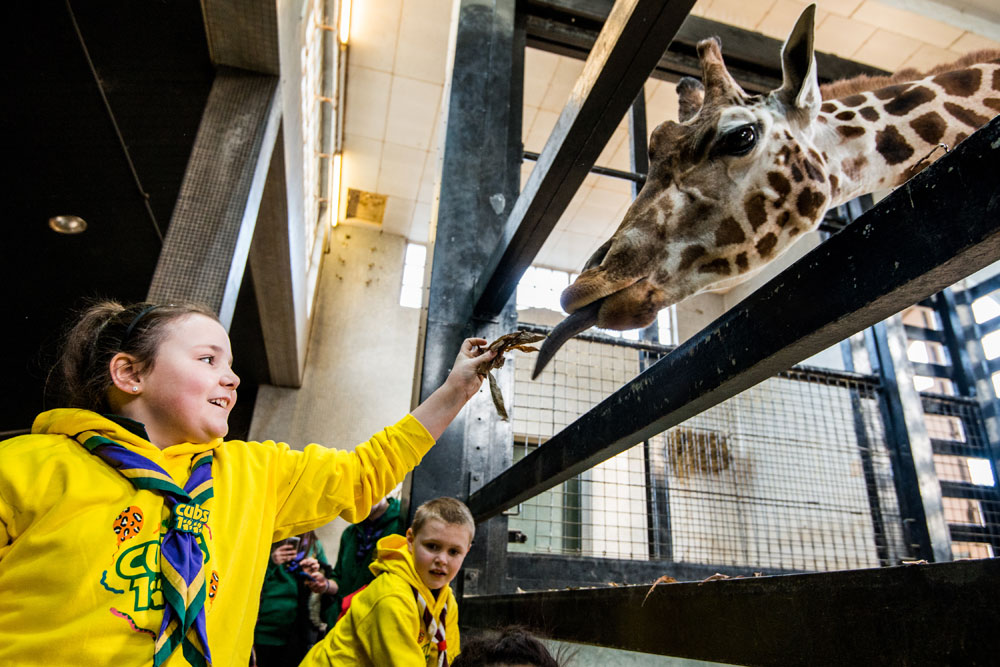Some Parts of Speech — the adjective, for instance — can be deceptively innocent. Consider the term, ‘animal’, when it is used to describe a quality or an attribute. A human being described as ‘animal-like’ is, under ordinary circumstances, not quite a matter of pride for the person concerned. For the adjective may be suggestive of behaviour that is wild, primitive, uncivilized. Ironically, in spite of civilization’s best attempts to draw a line between humans and ‘lesser beings’, civility cannot always be associated with mankind. The recent outrage directed at the London Zoo has shown, once again, that man can be the strangest and wildest of animals.
It has been reported that some years ago, during the London Zoo’s ‘late-night-adults-only event’, party animals ended up indulging in their wild side. One man reportedly poured beer over a tiger; another visitor stripped off and attempted to socialize with penguins; the music blared, causing the animals in the cage to suffer at the hands of the ones that were free while drinks were served in abundance. Incidentally, the initiative had been conceived so that mature, nocturnal Homo sapiens could be encouraged to not only learn about the behaviour of caged creatures but also — is this not telling? — ‘embrace their youthful sense of awe and wonder’. The zoo, of course, has denied the reports of cruelty towards animals. The after-hours event has continued, even though it has been scientifically proven that the presence of crowds causes distress to animals. This year’s edition of Zoo Nights supposedly witnessed women dressed as zebras moving around on stilts. Critics — a petition demanding the cancellation of the event has received thousands of signatures — argue that zoo authorities are indifferent to the alleged violation of laws and ethics because of the remunerative nature of the programme. The funds — over one million pounds have been generated since 2017 — are used to help international conservation efforts and combat such ecological challenges as habitat loss, illegal trade in wildlife and pollution.
The controversy surrounding the London Zoo exposes one of the fundamental dilemmas associated with conservation. It has been argued that funds seem to flow, as freely as wine, only when animals are used as fodder for entertainment. There is historical precedent to support the allegation. The Romans, considered to be a civilized people, loved the Arena where wild animals were pitted against gladiators. There is a case to argue that in spite of the best efforts and intent, the zoo reinforces the asymmetry that is integral to the relationship that binds man to animals. The claim that zoos can function as sites of public education about the wild is equally contentious: for the subjects being studied — apart from being poked, hooted at, and ridiculed — are far removed from their natural habitat.
Did it occur to the authorities at the London Zoo that the lions may not appreciate the music of Dua Lipa?











